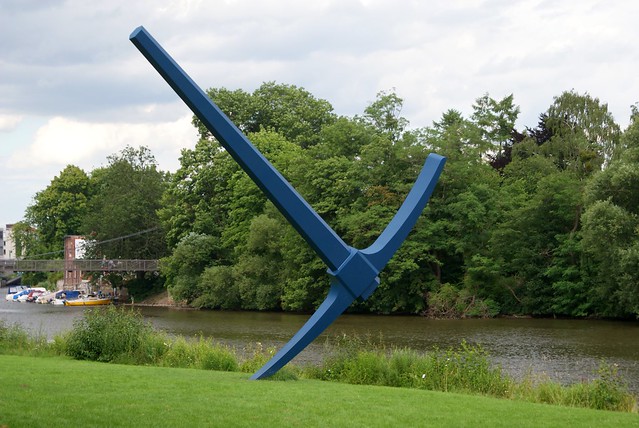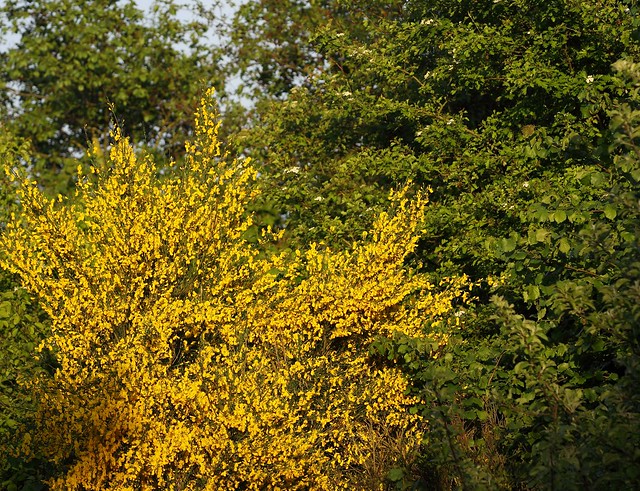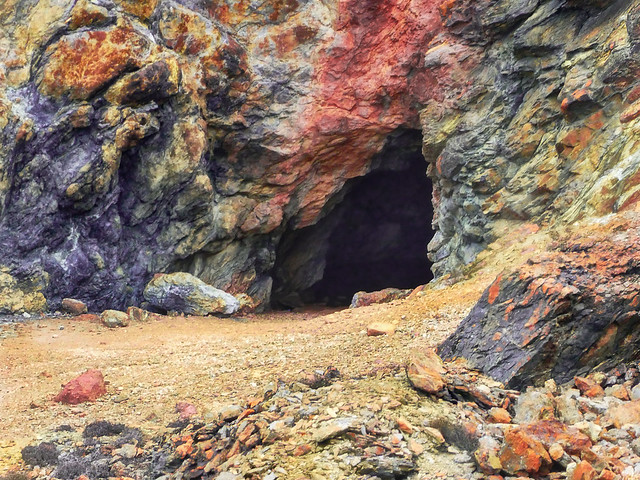Today we’re looking at the words for razor and related things in Celtic languages.
Words marked with a * are reconstructions.
| Proto-Celtic | *altēn = razor |
|---|---|
| Old Irish (Goídelc) | altan = razor, blade |
| Middle Irish (Gaoidhealg) | ailt = edge, blade, edged weapon ailtech = well jointed, finely bladed altan = sharp blade, razor |
| Irish (Gaeilge) | altán [ˈɑhəɾʲ/ˈahæɾʲ] = sharp knife |
| Scottish Gaelic (Gàidhlig) | ealtainn [jal̪ˠdɪn̪ʲ] = flock, sharp blade, razor |
| Old Welsh | elinn = razor |
| Middle Welsh (Kymraec) | ellyn = razor eillyaỽ, eillaw, eillya = to shave, cut off, destroy completely, exterminate, erase, pillage ellyaeth = tenancy, support or sustenance eilliedydd = shaver, barber |
| Welsh (Cymraeg) | ellyn [ˈɛɬɨ̞n/ˈɛɬɪn] = razor eill(i)af, ell(i)o [ˈei̯ɬjɔ] = to shave, cut off, destroy completely, exterminate, erase, pillage eilliad = a shaving, tonsure eilliedig = shaved, shaven, tonsured eilliwr, eillydd = barber, shaver eillty = barber’s shop |
| Old Cornish | elinn = razor |
| Cornish (Kernwek) | alsen [alzɛn/ɒlzɐn] = razor alten [altɛn/ɒltɐn] = razor |
| Old Breton (Brethonoc) | altin = razor |
| Middle Breton | autenn = razor |
| Breton (Brezhoneg) | aotenn [ˈɔtːɛn] = razor aotenn-dredan [ˈɔtɛnˈdʁeːdɑ̃n] = electric razor aotenniñ [oˈtɛnːĩ] = to shave |
Etymology: unknown. Most likely from a non-IE substrate language [source].
| Irish (Gaeilge) | rásúr [ɾˠɑːˈsˠuːɾˠ/ˈɾˠɑːsˠuːɾˠ] = razor rásúr sábhailte = safety razor lann rásúr = razor blade |
|---|---|
| Scottish Gaelic (Gàidhlig) | ràsar [r̪ˠaːsər] = razor |
| Manx (Gaelg) | rhesar, razor = razor |
| Welsh (Cymraeg) | r(h)asel, rasal [ˈrasɛl / ˈrasal] = razor r(h)asel ddiogel = safety razor r(h)asel hogi = cut-throat razor raselaidd, rasalaidd = razor-like, sharp r(h)aser = razor |
| Middle Breton | razaff = to shave |
| Breton (Brezhoneg) | razher = razor razhañ, razhiñ = to shave razher = barber, gelder razherezh = shave, cut, equality razhouarn = razor, shaver |
Etymology (Irish and Breton) from Old French rasour (razor), from raser (to shave), from Vulgar Latin *rāsāre (to shave), from Latin rāsus, from rādō (to scrape, shave, scratch, rub, smooth, graze), from Proto-Italic *razdō, from Proto-Indo-European *rh₁d-dʰ-, from *reh₁d- (to scrape, scratch, gnaw) [source].
Etymology (Scottish Gaelic, Manx and Welsh) from English razor, from Middle English rasour (razor), from Old French rasour (razor) – see above [source].
Words from the same roots include errode, rash, rat, raze, rodent, rostrum in English, rhathu (to scrape, chafe) in Welsh, roder (to polish, wear in, hone) in French, and roer (to gnaw, pick at, wear down) in Spanish [source].
Sources: Wiktionary, Am Faclair Beag, Online Manx Dictionary, Teanglann.ie, eDIL – Electronic Dictionary of the Irish Language, In Dúil Bélrai English – Old Irish glossary, An Etymological Dictionary of the Gaelic Language, Geiriadur Prifysgol Cymru, Gerlyver Kernewek, Dictionaire Favereau, TermOfis, English – ProtoCeltic WordList (PDF), Etymological Dictionary Of Proto Celtic













